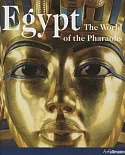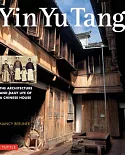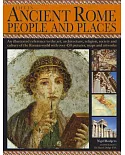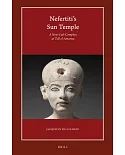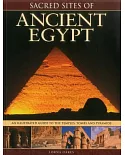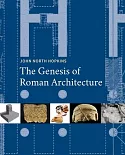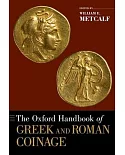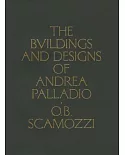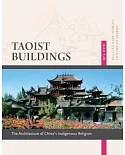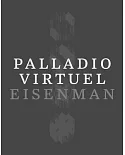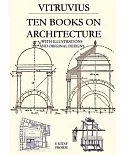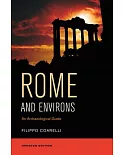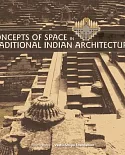Caesar Augustus promoted a modest image of himself as the first among equals (princeps), a characterization that was as recognized with the ancient Romans as it is with many scholars
today. Paul Rehak argues against this impression of humility and suggests that, like the monarchs of the Hellenistic age, Augustus sought immortality—an eternal glory gained through
deliberate planning for his niche in history while flexing his existing power. Imperium and Cosmos focuses on Augustus’s Mausoleum and Ustrinum (site of his cremation), the
Horologium-Solarium (a colossal sundial), and the Ara Pacis (Altar to Augustan Peace), all of which transformed the northern Campus Martius into a tribute to his major achievements in life
and a vast memorial for his deification after death.


